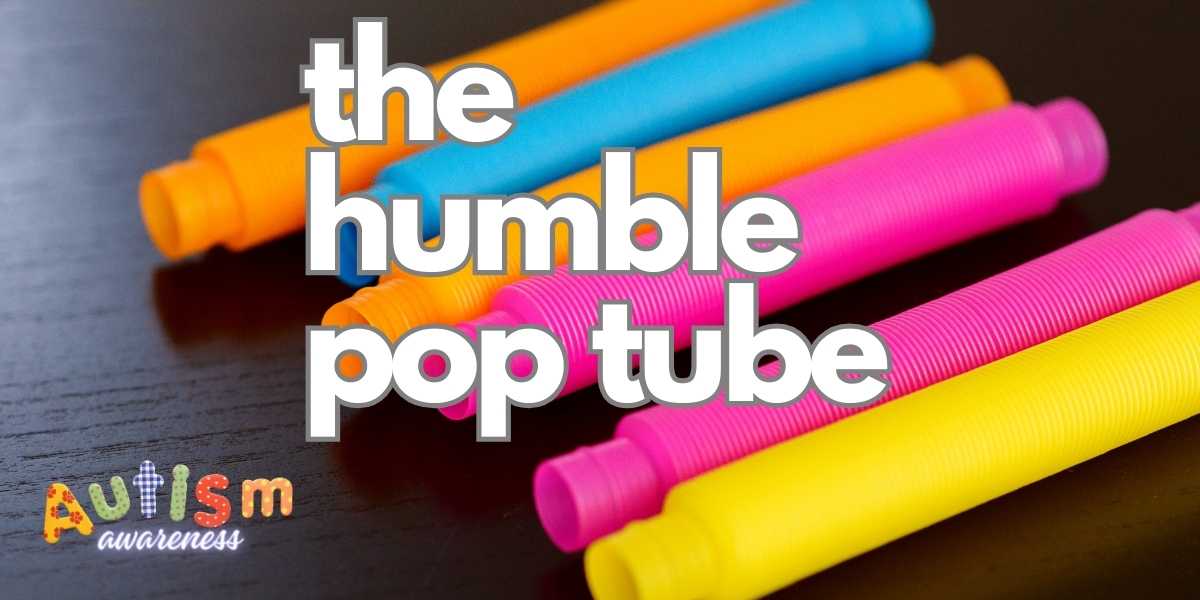Pop Tubes, those simple and inexpensive sensory toys, have been gaining popularity as a valuable tool for children with autism. These flexible, colourful, and tactile tubes provide numerous benefits to individuals on the autism spectrum. From sensory stimulation to enhancing fine and gross motor skills, Pop Tubes have proven to be a versatile and effective resource for supporting children with autism.
Sensory Stimulation
One of the primary advantages of Pop Tubes is their ability to provide sensory stimulation. Children with autism often have sensory sensitivities or seek sensory input, and Pop Tubes offer a safe and controlled way to engage their senses. The auditory feedback of the tubes “popping” as they expand and contract can be both soothing and intriguing for children with autism. This auditory input can help them focus their attention and regulate their sensory experiences.
Fine Motor Skills Development
Pop Tubes can also play a significant role in developing fine motor skills in children with autism. The act of grasping, pulling, and pushing the tubes requires precise hand-eye coordination and fine motor control. These activities can enhance a child’s ability to manipulate objects, improve dexterity, and promote hand strength and agility. Over time, these skills can have a positive impact on a child’s ability to perform various daily tasks.
Gross Motor Skills Enhancement
Beyond fine motor skills, Pop Tubes can assist in the development of gross motor skills as well. Children with autism often face challenges in this area, and the act of moving the tubes in different directions or swinging them can engage larger muscle groups and improve coordination. This can be especially beneficial in improving a child’s balance and physical confidence.
Calming and Self-Regulation
For many children with autism, Pop Tubes have a calming effect. The rhythmic movements and auditory feedback can help reduce anxiety and promote self-regulation. When a child feels overwhelmed, anxious, or overstimulated, playing with Pop Tubes can offer a simple and effective way to self-soothe and regain a sense of control. This self-regulation aspect is a critical skill for children on the autism spectrum.
Social Interaction
Pop Tubes can also encourage social interaction among children with autism. They can be used in group settings, fostering communication and cooperation as children take turns, share, and create games or challenges with the tubes. This social engagement helps children with autism develop their social skills and build connections with peers.
Inexpensive and Accessible
One of the most significant advantages of Pop Tubes is their affordability and accessibility. These toys are relatively inexpensive, making them an excellent choice for families and educators working within tight budgets. Their simplicity and durability ensure that children can use them repeatedly without the need for constant replacement.
Conclusion
Pop Tubes are a simple yet incredibly effective tool for children with autism. They offer sensory stimulation, aid in fine and gross motor skills development, promote self-regulation, encourage social interaction, and are accessible to families and educators on a budget. When used as part of a holistic approach to therapy and education, Pop Tubes can play a crucial role in supporting children with autism in their journey toward improved sensory integration, motor skills, and overall well-being.








